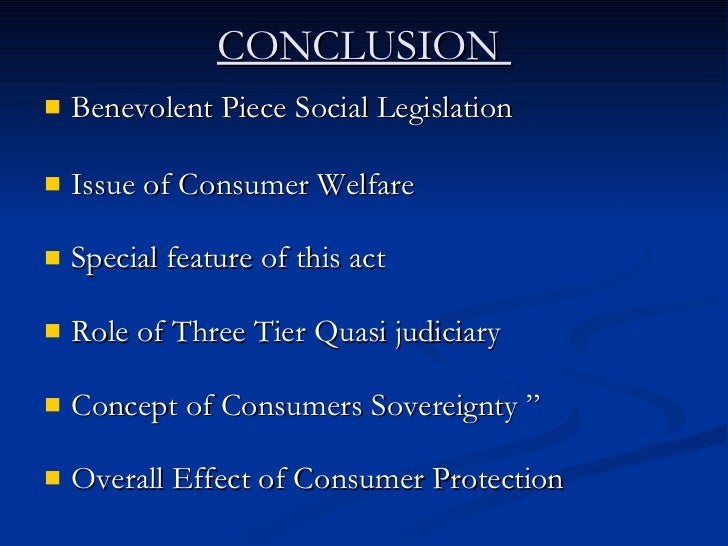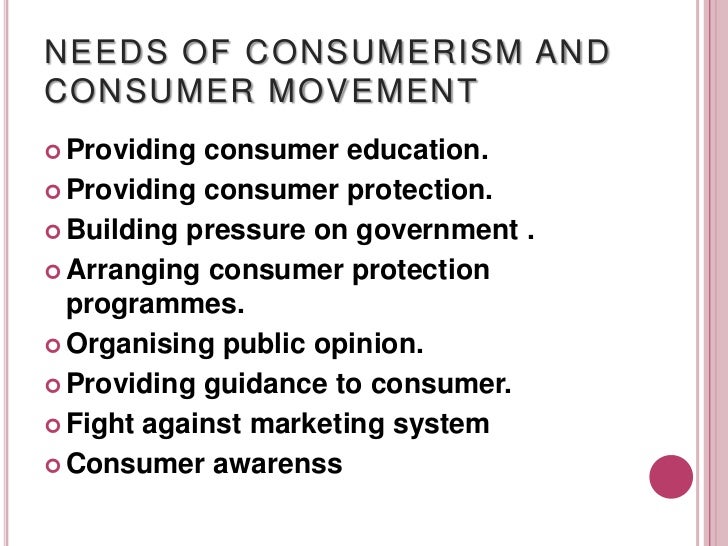Table of Content
The attorneys at MacElree Harvey also assist contractors with HICPA compliance, so we are thoroughly familiar with HICPA’s requirements. Please contact us if you have any questions about HICPA or are unsure about how HICPA applies to you or your project. In Durst v. Milroy Gen. Ctr52 A 3d 357 (2012 Pa. Super) the homeowner filed preliminary objections to bar a quantum meruit claim by a contractor who had an oral contract in violation of HICPA. The Superior Court held “that quasi-contract theories of recovery survive the HICPA.” The Durst decision was based on the fact that the clear language of the statute did not prohibit a quantum meruit claim. This could result in the contractor’s certification being revoked or suspended up to 5 years — but that’s not all. Depending on the type of violation and the amount involved, the criminal penalties could range from a 1st degree misdemeanor (which can include fines up to $10,000 and/or imprisonment for up to 5 years) to a 2nd degree felony (punishable with fines up to $25,000 and/or imprisonment of up to 10 years).
Contractors governed by HICPA have obligations to comply with the Act throughout the home improvement process, starting with their advertising, and ranging from their contract and deposit requirements, to their obligations to complete the project. Once registered, a contractor will have to display its registration number on any advertisement, contract, estimate, or proposal presented to the consumer. Even an advertisement painted onto the side of a company van or truck must have the registration number included with it. Consumers will be able to verify if a contractor is registered by calling a telephone number maintained by the Office of the Attorney General. A consumer can demand repayment of the amount paid for home improvement services if 45 days have passed since the contractual start date and no portion of the contract has been substantially performed.
City of Pittsburgh Rental Properties Must Now Be Registered
HICPA makes cost-plus home improvement contracts an unfair or deceptive act or practice. Now, changes require mutual agreement and a signed change order. Contract negotiation starts again any time an owner or the inspector wants a change in the scope of work. Both required changes and discretionary changes should be done on your schedule and at your price. The Act applies to any person who owns and operates a home improvement business or who undertakes offers or agrees to perform any home improvement, including a subcontractor who has contracted with a home improvement retailer to provide home improvement services to the retailer’s customers.
If you were misled or defrauded by a home contractor, you could be entitled to compensation for your losses. Please contact dedicated home contractor fraud attorney Louis S. Schwartz at CONSUMERLAWPA.com today to learn more about your legal options. If disputes are to be settled by arbitration, the arbitration clause has to be in 12-point bold caps and must specify whether documents will be confidential and whether the arbitrator's decision is final.
What must be in a home improvement contract?
Any person who owns or operates a home improvement business that earns more than five thousand dollars a year, or who offers or agrees to perform any home improvement project, must register as a contractor with the Bureau of Consumer Protection. This includes any subcontractor or independent contractor who contracts with a home improvement retailer (such as Home Depot or Lowe’s) to provide home improvement services to that retailer’s customers. However, it does not include a home improvement retailer with a net worth of more than fifty million dollars, or a retailer’s employees who do not perform home improvement. The Attorney General’s website explains that you as a homeowner can contact the Bureau to check the registration status of a contractor you contemplate hiring, as well as to obtain other information about that contractor. The HICPA also criminalizes “Home Improvement Fraud.” Included in the definition of home improvement fraud is the receipt of advance payment by a contractor and the contractor’s subsequent failure to perform or provide the services or materials specified in the contract.

The Act further provides that any violation of any of the provisions of the Act is deemed to be an Unfair Trade Practice under the Pennsylvania Unfair Trade Practices and Consumer Protection Law. Thus, any violation of the Act is subject to the award of not just actual damages, but also, potentially, treble damages and attorneys’ fees. A home improvement contract can be voided by the homeowner if it fails to contain required terms, or if it contains prohibited terms.
Practice Areas
Whether or not HICPA applies to your contractor and your project generally depends on whether they meet the HICPA definition of a “contractor” that offers or performs any “home improvement.” HICPA’s definitions of these terms are fairly broad, but there are also some important exceptions. Also, the contract should state that none of the work, materials, or specs can be changed or altered without a written change order signed by both parties. In essence, a consumer cannot allow work to be performed by a contractor, benefit from that work and then refuse payment altogether by relying on the requirement that the contractor be registered pursuant to the HICPA.
If there are subcontractors that are going to be working on the project, and are known at the time the contract is executed, their names, addresses, and phone numbers should be included as well. So, if you are performing any of the work described above on property deemed a “private residence,” then read on to learn all the essential provisions in your home improvement contracts. If the contract fails to comply with HICPA’s requirements, it is invalid and unenforceable against the homeowner. On the on hand, these requirements are the homeowner’s shield to a potentially fraudulent claim by a contractor.
Pennsylvania Home Improvement Consumer Protection Act
It appears that the Pennsylvania legislature has heard those stories as well, for on July 1, 2009, a new Home Improvement Consumer Protection Act will take effect in the Commonwealth of Pennsylvania. Seq., is replete with numerous definitions, requirements, prohibitions and penalties. While many lawyers will be spending many hours learning the details of the Act and the interplay between and among its various provisions, we can now report on at least some of the basic details of the Act. HICPA also prohibits contractors from using misleading statements to convince a homeowner to enter into a contract or pay more than the price that was previously agreed upon.

A list of subcontractors, each with a phone number and street address (no P.O. Box). HICPA also prohibits misrepresentations regarding the contractor’s identity. Receiving an advance payment and failing to perform. Violation of HICPA can carry both criminal and civil penalties. Home Improvement Fraud is punishable as Felony of the Third degree if the amount exceeds $2,000.00 and as a Misdemeanor of the First Degree, if the amount involved is less than $2,000.00. At the start of the pandemic many contractors were dealing with shutdown orders and reduced staffing requirements, which led to...
The PA HICPA is meant to protect homeowners from unscrupulous contractors by requiring registration, and clearly specifies what must and can’t be included in such contracts. The following provisions, if included, shall be voidable by the property owner. If one of the clauses are included in the contract, it doesn’t necessarily render the entire agreement void. A contract that omits any of these provisions cannot be enforced against a consumer. Additionally, while the contract may contain an arbitration clause, that clause must satisfy further statutory requirements, including, among others, that it be printed in twelve-point, bold-faced type and appear on a separate page.
But the Act does not apply to a person for whom the total cash value of all of that person’s home improvements is less than $5,000.00 during the previous taxable year. In such a case, while the subcontractor who installs materials bought from the large retailer will be governed by the Act, the large retailer, in most particulars, will not be. The first major restriction of the Act is set out at Section 517.3, which provides that “no person shall hold themself out as a contractor, nor shall a person perform any home improvement without first registering” with the Bureau of Consumer Protection of the Office of the Pennsylvania Attorney General. Broadly, the HICPA requires home improvement contractors to register with the state Attorney General’s Bureau of Consumer Protection, and establishes strict rules for the content of contracts for home improvement projects. It further goes on to criminalize, and to allow a right of recovery for, specific acts that are defined as home improvement fraud.
No comments:
Post a Comment